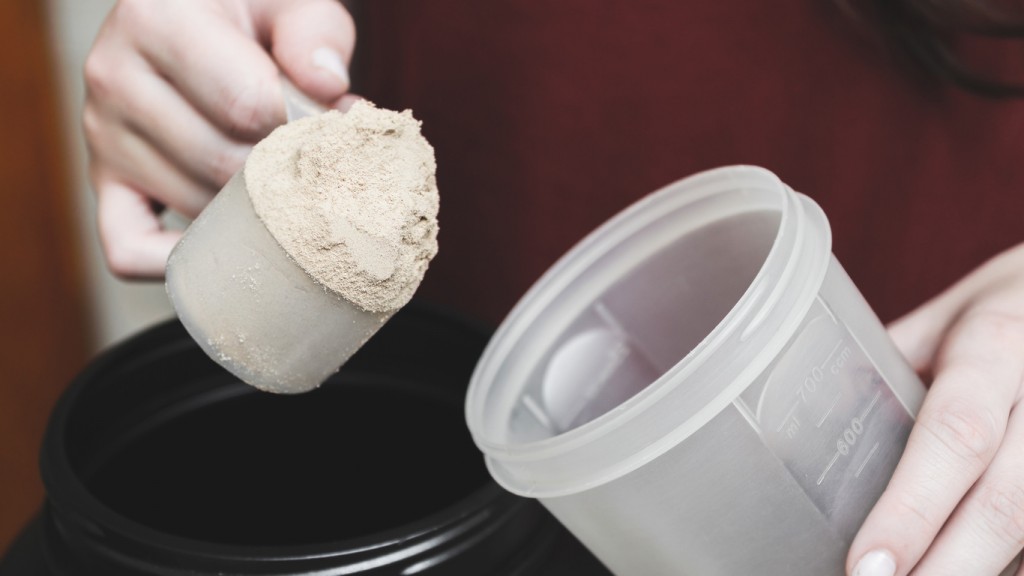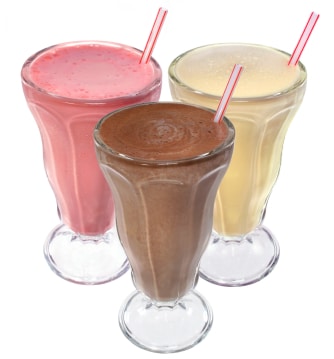 What is the Best Protein Powder
What is the Best Protein Powder
One question many ask who are working out with a goal of adding muscle and losing weight is, “What is the best protein powder?” We don’t think there is a definite answer to that question, yet you will see many articles posted on the internet listing the “top 5 protein powders.”
There are so many protein powders on the market that it would be impossible to test them in a scientific way to determine what the best protein powder really is. With so many protein powders on the market how do you even begin to choose one?
To help choose a protein powder here is a better question to ask. “What is the best protein powder for me?” To determine what the best protein powder is for you requires asking several other questions.
- Are you trying to lose weight?
- Are you trying to build muscle?
- Are you trying to simply maintain the muscle you have?
- Are you a vegan?
- Do you suffer from food allergies?
- How much are you willing to spend for a protein powder?
Protein powders come with their own lingo and come in different forms and you need to understand the differences in protein powders before you can pick the best one for you. But, before we get into that let’s ask this. Why should you consider consuming protein powders?
Why Protein Powders?
Protein is essential to maintain and build muscle. And, more muscle improves your ability to burn fat. Plus, protein provides amino acids which are the building blocks of many hormones and neurotransmitters that help power and repair the body.
Protein powders are a convenient way to get more protein while limiting the calories it takes to obtain that desirable amount of protein.
Commonly used in shakes and smoothies, protein powders are much more versatile and can be added to baked good, mashed potatoes, macaroni and cheese, soups, waffles, and more.
Types of Protein Powders
Protein powders are also processed in different ways affecting the amount of protein in a typical serving. There three main processing forms of protein powders and they are:
- protein concentrate
- protein isolate
- protein hydrolysate
Each of these is processed or manufactured differently affecting the amount of protein per serving, the amount of other ingredients in the powder (sugar, gluten, and fat), and how readily the powder is digested and absorbed by the body.
Protein Concentrate
The name is misleading because of all three protein forms protein concentrate is the least processed and has the lowest amount of protein per serving. But, protein concentrates are the least expensive. Protein concentrates will contain some fat, lactose (sugar), cholesterol, and gluten.
Protein Isolate
Protein isolates go through additional filtering and decanting removing more of the non-protein ingredients providing a more pure form of protein. This means more protein per serving yet fewer overall calories. They are more easily digestible .Protein isolates are more expensive than concentrates.
In the end, protein isolates are more desirable to consume than concentrates.
Protein Hydrolysate
Hydrolysates undergo more processing than concentrates and isolates in which enzymes and acid are used to break down the protein into smaller more easily digestible pieces. Basically, the additional processing is doing some of your body’s gastrointestinal work (breaking down protein) for you.
Hydrolysates are quickly absorbed. The additional processing, though, can leave the powder with a bitter taste. Though hydrolysates in theory seem to make sense, in the end they really provide no significant advantage over concentrates and isolates both of which are adequately digested fast enough. Hydrolysates are also the most expensive form of protein powder.
A word to the wise. Manufacturers make it difficult to compare prices between the various forms for protein powders. They may price an isolate that has 30 servings less than a concentrate that has 40 servings. One powder may contain 20 grams of protein per serving and the other 24 grams per serving. So you will have to do some math to calculate the cost per gram of protein.
Also, read the labels carefully. With some protein powders a serving size in two scoops of protein powder, not one.
In the end, protein isolates typically provide the best monetary and health value for the dollar.
Isolates and hydrolysates are finer powders and mix easier in water or juice.
So now you are one step close to finding the best protein powder for you.
Sources of Protein Powders
Protein powders are made from a variety of sources including whey, casein, soy, beef, chicken, pork, pea, rice, and hemp. You want a powder that is a source of complete protein – that is one the contains all essential amino acids. Essential amino acids are those amino acids that the body cannot synthesize on its own. There are nine essential amino acids in humans.
The nine essential amino acids are:
- leucine
- isoleucine
- lysine
- methionine
- phenylalanine
- threonine
- tryptophan
- valine
- histidine
So that’s the next step towards finding the best protein powder for you. Find one that is a complete source of protein.
Let’s now talk about specific sources of protein geared for individual circumstances.
Whey Protein
First, whey is a dairy form of protein and the most popular protein powder. Whey protein is the liquid by-product of the cheese-making process. It is usually the least expensive of the protein powders. If cost is factor and you are not a vegan then whey protein is a very good option – isolate being better than concentrate if your budget allows.
Whey protein will promote muscle gain, weight loss, reduces hunger (one reason for weigh loss), and enhance post-workout recovery. Vegans and those with dairy intolerance should avoid whey protein.
We have discussed the health benefits of whey protein in Whey Protein: A Way to Better Health.
If your goal is to put on as muscle mass as possible consider a whey protein with a number of grams per serving (30 grams protein/serving or more) and one that contains a higher concentration of branch chain amino acids or BCAAs. BCAAs which most help to promote muscle gain and limit muscle breakdown following a workout.
There are three branch chain amino acids and they happen to be essential amino acids and they are:
- L-leucine
- L-isoleucine
- L-valine.
Also, consider a protein powder that contains creatine or take a creatine supplement to maximize your muscle-building.
Vegan Protein
Vegan or plant-based proteins meet the needs of vegans. Vegan protein powder is sometimes called organic protein powder. The plant proteins you may find in any given vegan protein powder include:
- Pea
- Pumpkin seed
- Rice
- Chia
- Hemp
- Quinoa
- Flax
Most plant-based sources of protein are incomplete proteins which is why several different plant proteins are used to manufacture the powder providing all nine essential amino acids. But, be sure to read the label to confirm you are getting a complete source of protein.
Qualities of the Best Protein Powder for You
- pick a protein isolate if your budget allows.
- look for a powder that has few other ingredients especially sugar outside contained the protein powder
- find a powder that is a complete source of protein providing all of the nine essential amino acids.
- if building muscle is primary goal use a powder with the highest grams of protein per serving and high in branch chain amino acids.
- if a vegan the use a vegan, plant-based, or organic protein powder being sure that it is a complete source of protein.
- if you have high cholesterol, a protein powder containing help can help reduce cholesterol because of hemp’s fiber content.
- if you have food allergies, a pea protein powder is hypoallergenic and high in branch chain amino acids.

